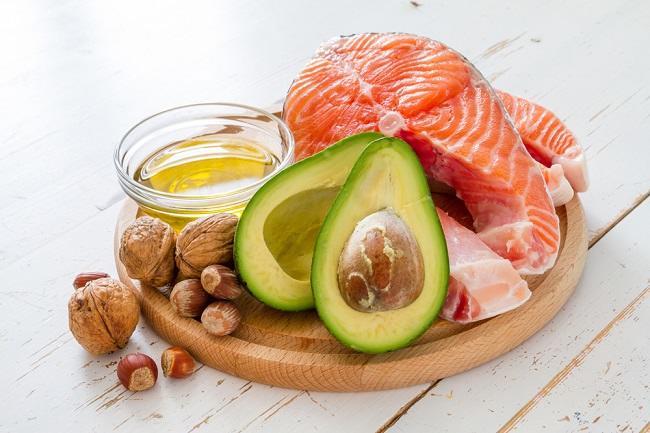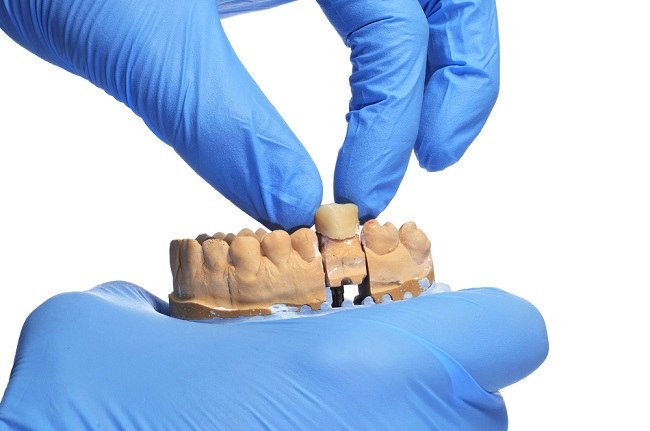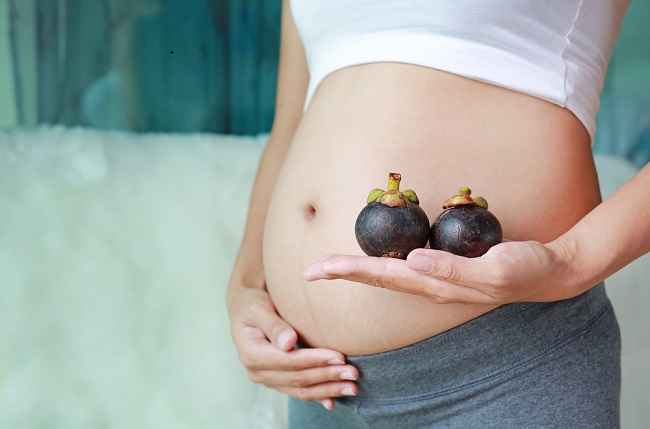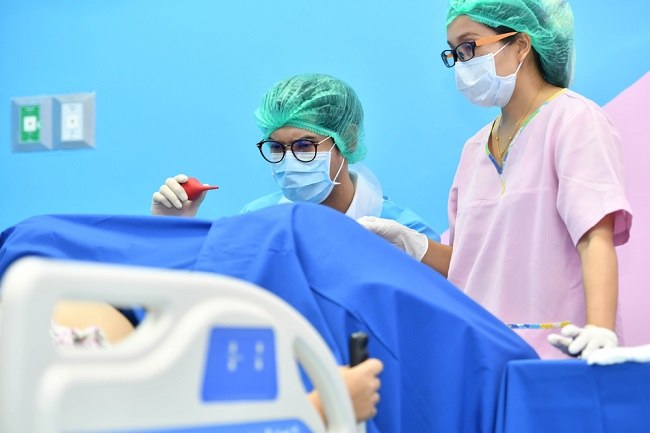There are many benefits of carrots for babies. This orange vegetable contains a variety of nutrients that can support their growth and development. Besides being useful, carrots are also easy to process into a variety of complementary foods, Bun.
The various benefits of carrots for babies are thanks to their high carbohydrate, fiber and water content. In addition, these vegetables are low in protein and fat, but rich in vitamins. One of them is vitamin A in the form of beta carotene.

Carrots also contain biotin (vitamin B7), vitamin B6, vitamin E, vitamin K1, potassium, calcium, magnesium, phosphorus, folic acid, and plant active compounds that are good for your little one's health.
Carrot Benefits for Babies
Thanks to the abundance of nutrients in carrots, it's a shame if you miss giving this one vegetable to your little one. The following are the benefits of carrots for babies:
1. Maintain eye health
The eye is an important organ that plays a role in the baby's growth and development process so it must always be maintained. One way is to serve carrots as complementary foods. Vitamin A in carrots is able to support eye health, especially the retina, eye membrane, and the little one's cornea.
2. Increase body immunity
In addition to maintaining eye health, vitamin A in carrots also plays a role in increasing the strength of the baby's immune system. With a strong immunity, your little one's body will be able to fight bacteria and viruses, so he is not susceptible to disease.
In addition, vitamin A can also act as an antioxidant that functions to protect body cells from damage caused by free radicals, as well as maintain the function of body organs, such as the heart, lungs, and kidneys, so that they can work optimally.
3. Helps the blood clotting process
Carrots contain vitamin K1 otherwise known as phylloquinone which can support the blood clotting process. Lack of vitamin K1 can increase the risk of bleeding in your little one. In addition, vitamin K1 is also useful for supporting the growth and formation of bones.
4. Maintain healthy skin
In addition to using baby skin care products, maintaining the health of your little one's skin can also be done from within, you know, Bun. The beta carotene in carrots can protect their soft and smooth skin from UVA rays.
Carrots also contain vitamin B6 which can prevent your little one from developing skin rashes and seborrheic dermatitis. In addition, this vitamin can also maintain healthy hair.
Tips for Processing Carrots into MPASI
Mothers can introduce carrots since the little one is 6 months old. So that the benefits of carrots for babies can be maximized. the selection of carrots should not be arbitrary and the texture of the carrots served must also be adjusted to the age of the little one.
Here are tips for choosing and serving carrots as complementary foods that you need to know:
- Choose carrots that are firm with a smooth surface and bright orange in color.
- Wash the carrots with running water before processing, then peel the carrot skin.
- Boil carrots in boiling water until tender for 10-15 minutes, then drain carrots and rinse under cold water.
At the beginning of the solids period, carrots need to be mashed using a blender or food processor to get texture puree or porridge. After the age of the little one reaches 10 months, carrots can be served in the form of small cubes or lengthwise as a finger food.
To increase the nutritional value of complementary foods, carrots can be processed together with other healthy foods, such as chicken, beef, brown rice, broccoli, green beans, or sweet potatoes. Don't forget to add a little seasoning or spices, such as garlic, pepper, cinnamon, to make it taste good.
Mother can save puree carrots in a BPA-free container in the refrigerator for 3 days. If in freezer, carrot puree can last even up to 3 months. So, you can prepare a few bowls puree carrots to facilitate the preparation of the next meal.
Those are a series of benefits of carrots for babies and how to process them into solid food. Although carrots are not a food that has a high risk of allergies. Mothers still need to be vigilant because some children have the possibility of being allergic to carrots.
If your little one experiences itching or redness on the skin, swollen eyes and lips, vomiting, or diarrhea after eating wartel, you should take him to the doctor for an examination and treatment.









